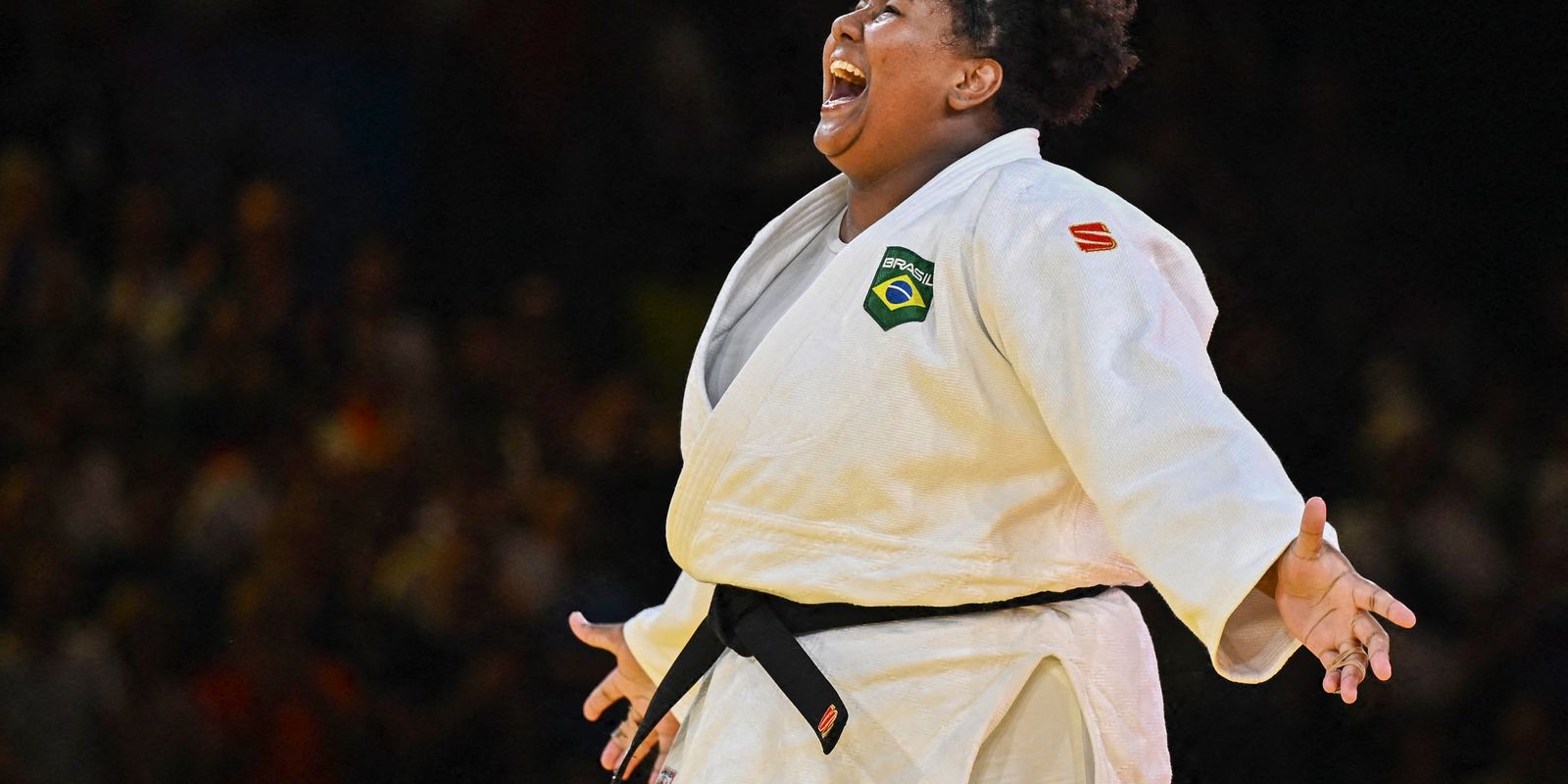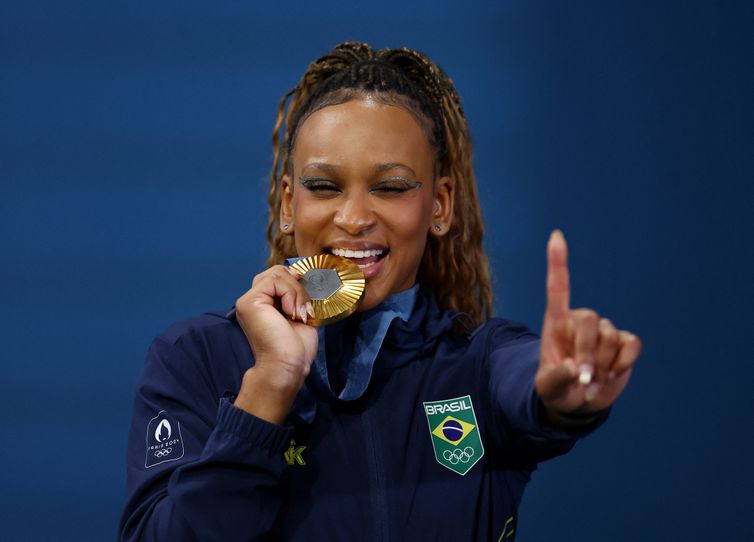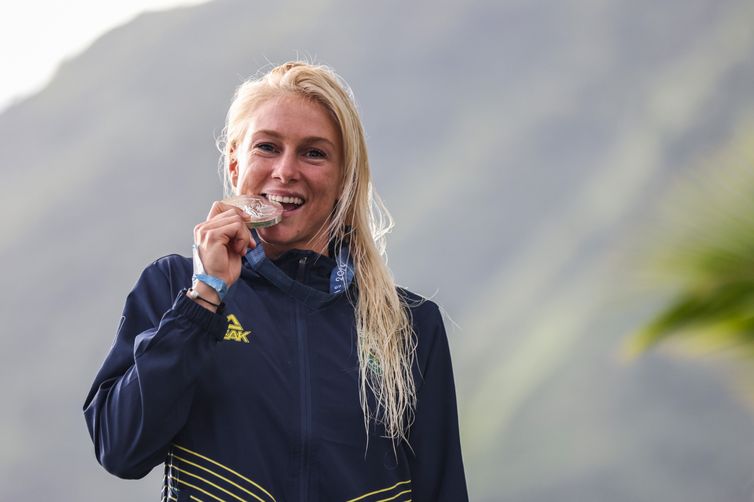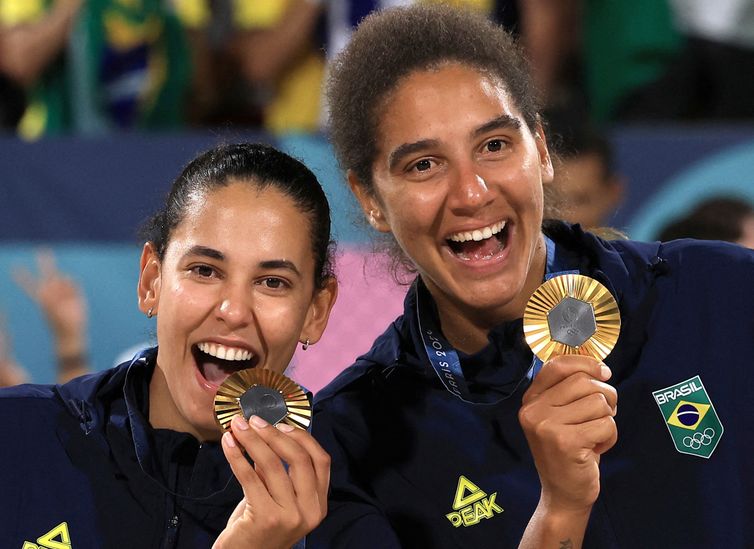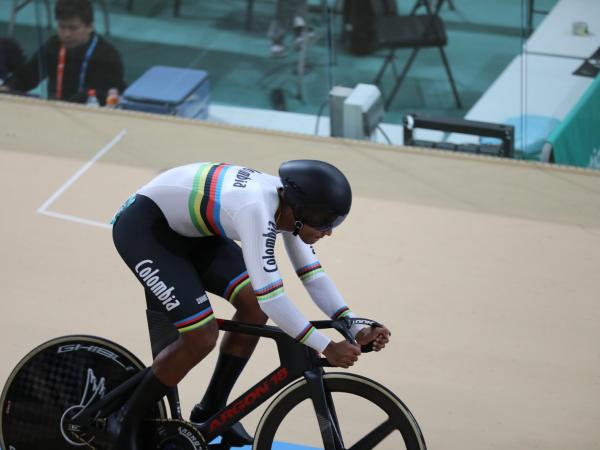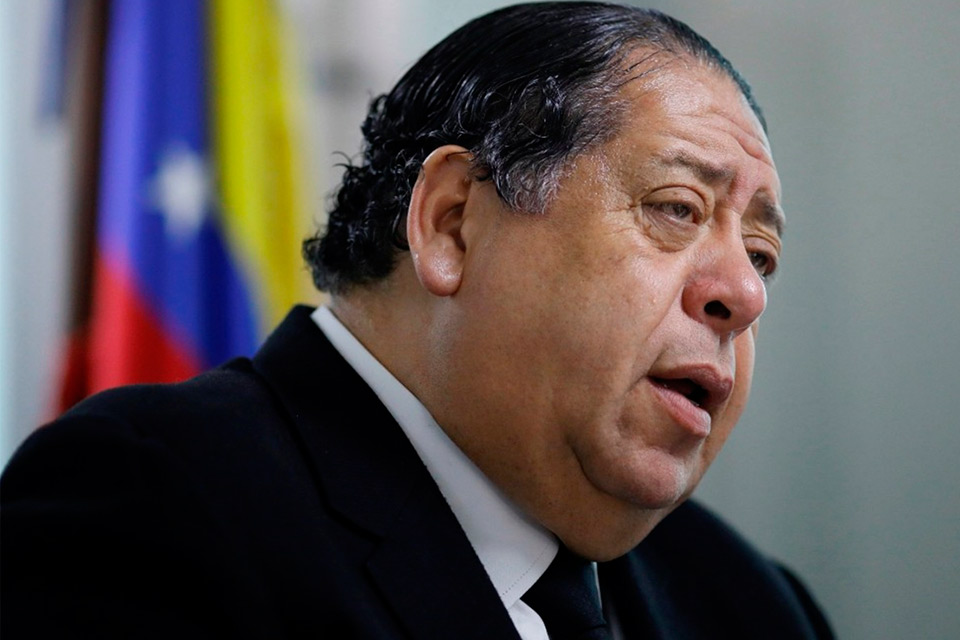Even before the Paris Olympic Games began, Brazilian women were already making history. For the first time in over a hundred years of the country’s participation in the Olympics, the Brazilian delegation had more women than men: 163 against 126, a share corresponding to 56.4% of the total. At the end of the event, they showed that they were not just making up the numbers. Most of the twenty podiums achieved by the delegation were the result of women’s efforts.
To begin with, the three Brazilian gold medals in Paris were won by women: Beatriz Souza in judo, Rebeca Andrade in artistic gymnastics and the duo Duda and Ana Patrícia in beach volleyball. Twelve of the twenty medals went to female athletes. A thirteenth podium, that of the judo teams, was not 100% won by women, but they did have a significant participation. Three years ago, in Tokyo, women’s podiums represented 43% of Brazil’s total. In Rio, there were eight, 26%.
Interestingly, they also stood out in the other medal categories: there were more silvers (four against three) and more bronzes (five against four) for women than for men.
As expected, at the press conference called by the COB this Sunday (11) to take stock of the Brazilian campaign in Paris, the subject was addressed.
“Two Olympic cycles ago, the COB began investing specifically in women. Not only athletes, but also to try to increase the number of female coaches and managers. What we saw here in Paris in sports reflects what is happening in society: women are becoming increasingly stronger,” said Mariana Mello, deputy head of the Paris 2024 Mission and manager of Sports Planning and Performance at the Brazilian Olympic Committee (COB), during a press conference this Sunday (11) in Paris.
The head of the mission and general director of the COB, former Olympic medalist Rogério Sampaio, also highlighted the performance of Brazilian women.
“We always want to overcome barriers, break records, always win. I think that in these Olympic Games we managed to break some of these records, some of these barriers, especially when it comes to women’s sports, which makes us very satisfied,” said Sampaio.
With each Brazilian women’s victory in Paris, the impact of these medals on the country’s overall performance, as well as its history, became stronger. It was in the French capital, for example, that gymnast Rebeca Andrade went from being one of the biggest names in Brazilian sport to becoming Brazil’s greatest Olympic medalist of all time. Her four podium finishes in Paris (one gold, two silvers and one bronze) took the São Paulo native to six in total, surpassing Robert Scheidt and Torben Grael, former holders of the position.
“For me, it is an honor to be a black woman and today to be where I am: on top of the world,” said Rebeca.
In surfing, Tatiana Weston-Webb’s silver medal was the first medal for a Brazilian woman in the sport. One of the fastest-growing sports in the country, Brazilian surfing has established itself as a powerhouse among men, with seven of the last nine world titles. However, among women, it has never quite reached that level. Weston-Webb’s result was Brazil’s best in Paris and could pave the way for a new era in women’s surfing.
“I feel nothing but proud to represent girls, especially surfing in Brazil. I hope this inspires many girls to surf and pursue their dreams,” said the surfer after winning silver.
The gold medal won by Duda and Ana Patrícia ended a 28-year drought in which Brazilian women had not reached the top of the podium in Olympic beach volleyball. However, while the victory in 2024 was an affirmation of the growing impact of women in Brazilian sport, in Atlanta-1996, Brazil’s two beach volleyball medals – gold for Jacqueline and Sandra and silver for Mônica and Adriana Samuel – were literally the first podiums for Brazilian women in the Olympics.
With more opportunities comes more results. That’s what boxer Bia Ferreira thinks, who in Paris added a bronze to her Olympic collection, which included a silver from Tokyo.
“Women have always brought good results. We have great female athletes, but we had fewer of them. I believe that was why we didn’t have more results. So the more opportunities come and the more women qualify, we will automatically bring results,” explained the athlete.
* In collaboration with Veronica Dalcanal, in Paris
